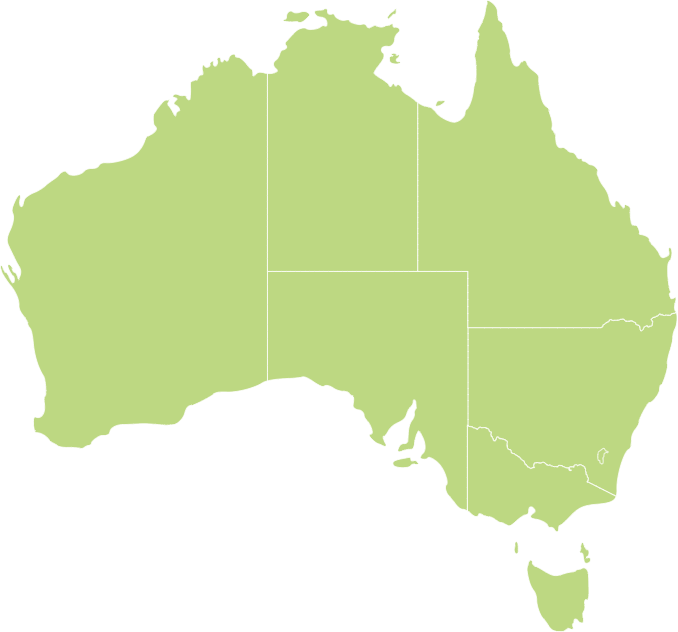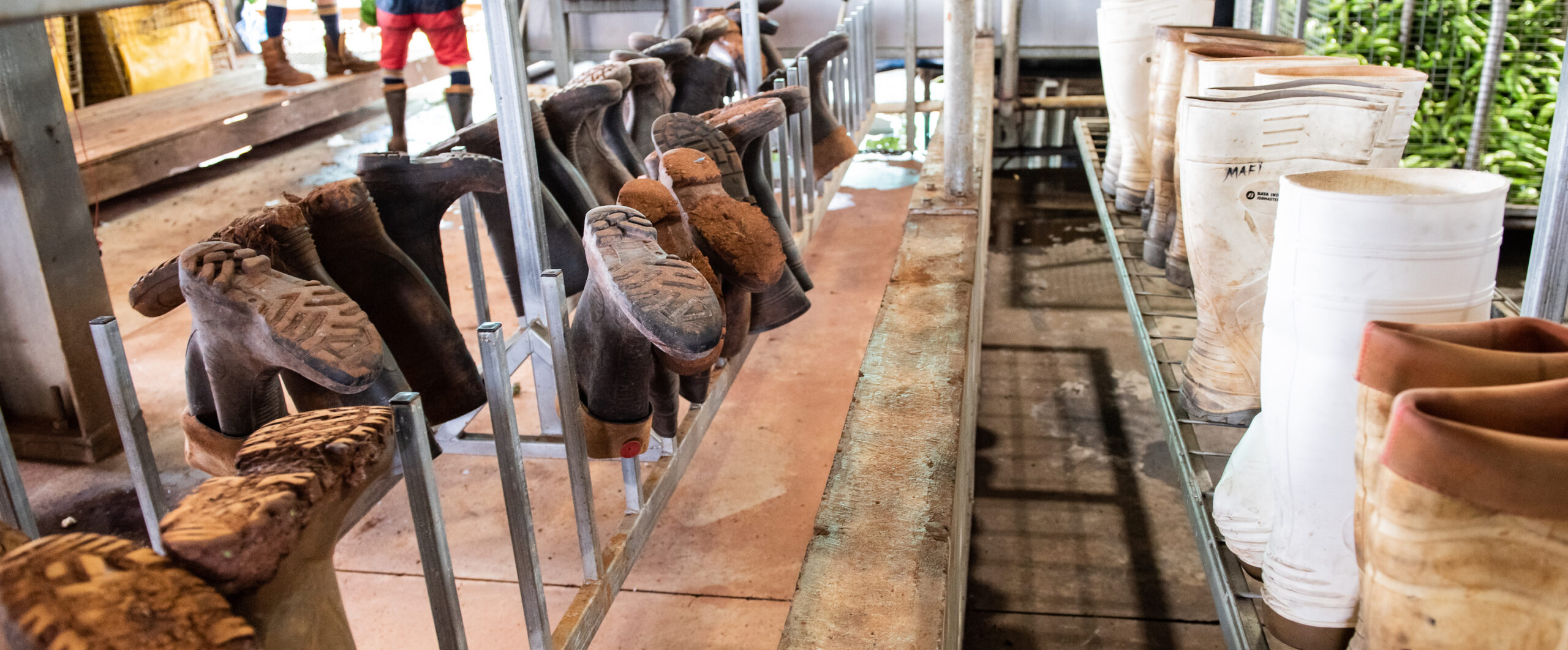
Biosecurity And Banana Diseases
GOOD BIOSECURITY IS KEY TO SECURING A STRONG FUTURE FOR YOUR OWN FARMING BUSINESS AND FOR THE BANANA INDUSTRY MORE BROADLY.
Plant Health Officer
Carl Rickson
Email CarlGrower Support (Biosecurity)
Information & team members
Find out moreNational Bunchy Top Project
Information & team members
Find out moreKEY ABGC CONTACTS AND PROJECTS
The ABGC currently delivers two key projects related to biosecurity and banana diseases for the benefit of the national industry.
Grower Support (Biosecurity) leads the management of Panama TR4 on behalf of industry. The link above also includes a range of information on the disease for growers and community members.
A multi-pest surveillance and grower education program is also under way in Far North Queensland (through the Plant Health Officer), as well as in South East Queensland and Northern NSW through the National Bunchy Top Project.
Banana Biosecurity Code Of PRactice
The Banana Biosecurity Code of Practice for Sourcing and planting of banana plants in an area where serious pests are present provides detailed guidance to growers on the use of planting material and outlines reasonable and practical steps to minimise associated biosecurity risks and protect the industry.
The Code provides a single and clear reference for what the General Biosecurity Obligation (GBO) could mean for Queensland growers and, similarly, the General Biosecurity Duty (GBD) for those in NSW. That is, a supporting mechanism for government to decide if growers are meeting industry expectations in the way they use planting material.
All people including growers have an obligation to be aware of pests, diseases and weeds and take action to prevent their introduction and spread – e.g. Panama disease TR4, Race 1 and Bunchy top virus.
The Code is about ensuring your farm business is not put at risk by any ill-considered actions of other growers.
A HARD COPY OF THE CODE CAN BE PROVIDED. PLEASE CALL ABGC ON (07) 32784787
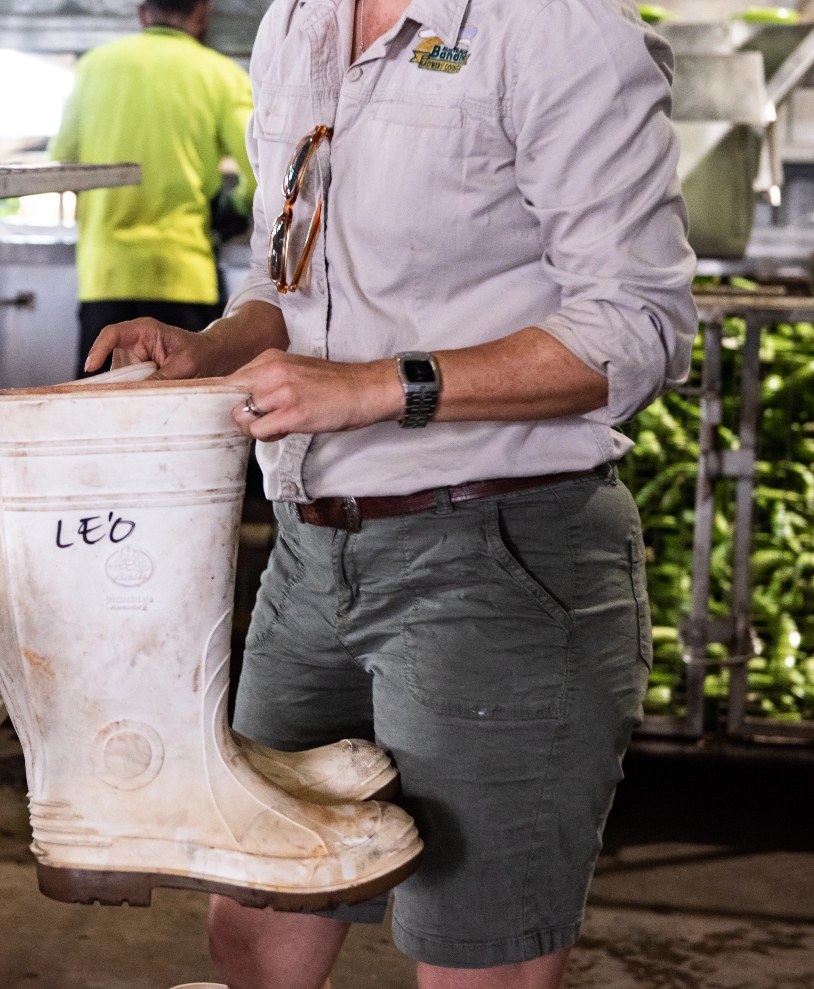
BIOSECURITY BMP
The Queensland Department of Agriculture and Fisheries has developed an On-Farm biosecurity manual (Biosecurity Best Management Practice) which includes a range of checklists, pictures and information.
If you suspect you have a High Priority Pest on your farm, you must report it to the Exotic Plant Pest Hotline immediately: 1800 084 881.
Yellow sigatoka
More details about leaf spot are available on the ABGC website.
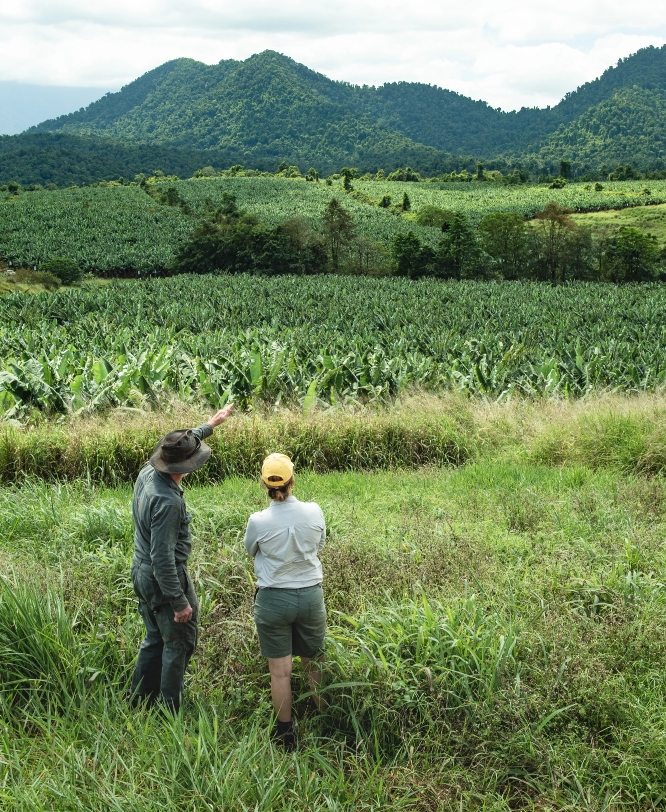
HIGH PRIORITY PESTS
The Australian banana industry has 17 High Priority Pests (HPPs). Just as the name suggests, HPPs are those that have been identified as posing the most risk to the industry. To find out more about each pest, simply click on the button below.
- Panama TR4
- Banana Bunchy Top
- Banana Freckle
- Black Sigatoka
- Blood Disease
- Banana Skipper Butterfly
- Eumusae Leaf Spot
- Moko
- Spider Mite
- Oriental Fruit Fly, Philippine Fruit Fly, Asian Papaya Fruit Fly
- Giant African Snail
- Grey Pineapple Mealybug
- Jack Beardsley Mealybug
- Mango Mealybug
- Philippine Mango Mealybug
- Thrips
- Abaca Bunchy Top
OTHER PESTS OF NOTE
While these pests are not on the HPP list, they remain a focus within the banana industry.
BIOSECURITY RISK
Feral Pigs
The Australian Banana Growers’ Council (ABGC) is committed to continuing to reduce feral pig numbers in the Tully Valley due to their significant economic, environmental and social impacts.
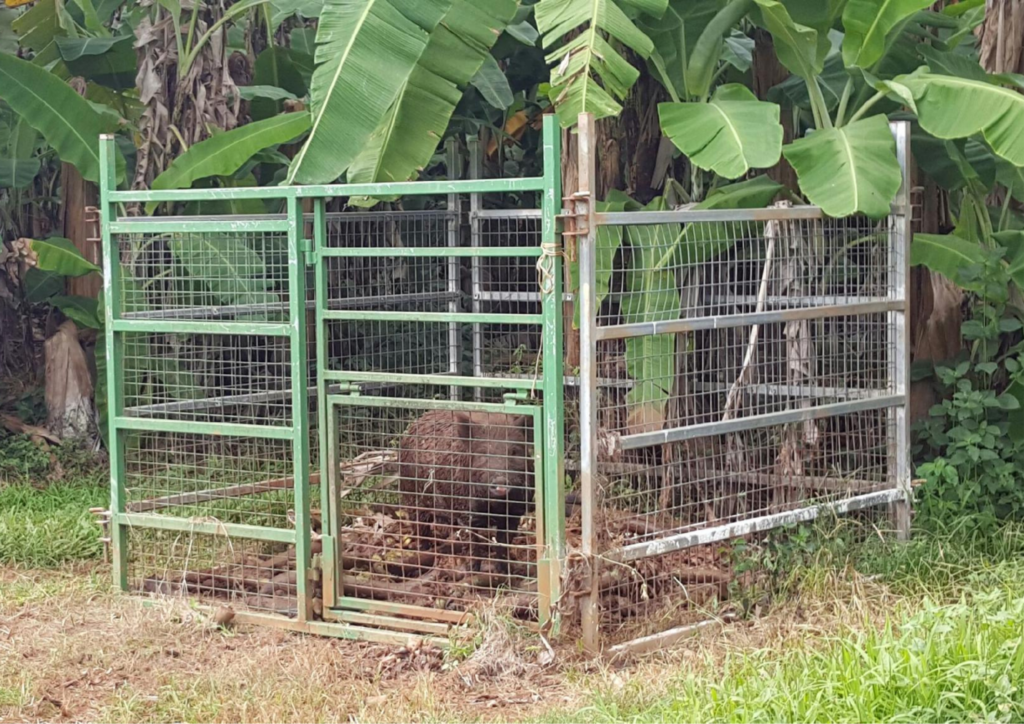
GOVERNMENT BIOSECURITY INFORMATION
Biosecurity regulations vary across Australia, so it’s important to ensure you’re familiar with the current information for each State and Territory.
You can also visit the national biosecurity website https://www.biosecurity.gov.au and Plant Health Australia https://www.planthealthaustralia.com.au for more.

